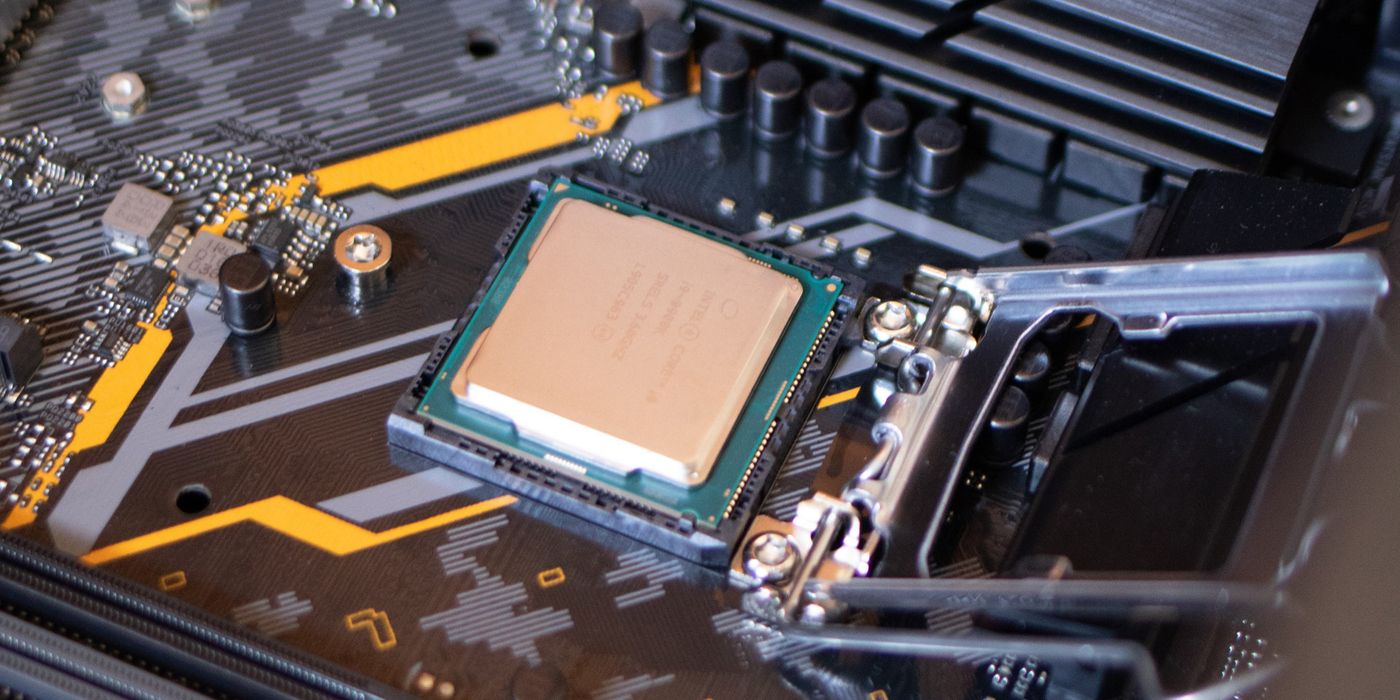As every part of our lives become more impacted by computing hardware, questions about the differences between GPUs and CPUs are more common than ever. Previously, this conversation was limited to people building PC hardware or working in certain forms of engineering but now that most of us carry smartphones in our pockets or play video games on a high-end gaming console, graphics cards and processors have a big impact on daily life.
This is especially meaningful mid-way through 2020 for a variety of reasons. One of which is the expected release of new game consoles. The upcoming Sony PlayStation 5 and Microsoft Xbox Series X aren't yet on the market, but each is experiencing a marketing run replete with detailed technical breakdowns of their processing capabilities. Another reason we're all talking GPUs and CPUs is the unexpected coronavirus pandemic. People forced to work and socialize using home technology have also had to upgrade their computers or other equipment, where they may not have done so otherwise.
In general terms, GPUs and CPUs are both silicon chips that handle mathematical equations to produce results for a computer. The differences lie in how they approach their tasks. A CPU (central processing unit) usually takes each task sequentially and can, therefore, handle a diverse range of instructions. A GPU (graphics processing unit) is usually designed to handle multiple, small tasks simultaneously. Since graphical effects often require multiple tasks to run concurrently, graphics processing is ideally left to a dedicated GPU, freeing the CPU up to carry out other instructions. The key takeaway is a CPU can do many things but has to do them one at a time. A GPU is focused on a specific job but can do many aspects of that job simultaneously.
Are GPUs More Important than CPUs
Ultimately, GPUs are most often brought up as part of gaming or video rendering. As AI and deep learning technologies expand alongside the rise in cryptocurrencies and Bitcoin mining, programmers are starting to use the GPU's ability to multitask in more ways. However, the average consumer looking to purchase a GPU as a separate component is probably doing so to get better performance out of a PC video game. This means a GPU has a greater impact on how a modern video game runs on a PC than a CPU will (unless the CPU is significantly underpowered).
However, most computing tasks unrelated to processing graphics are left to a machine's CPU. That usually includes running an operating system, background programs like Discord, web browsers, downloads, and so on. It could be argued, then, that the CPU is the most important part since it dictates more of a PC's typical operations. Furthermore, every PC needs a CPU but not all have any use for a GPU. A powerful graphics card will be more noticeable in a game, but a great CPU will be noticeable across the board. Still, advancements in graphical demands happen more quickly than computational demands, so a GPU will need to be updated more often than a CPU.


